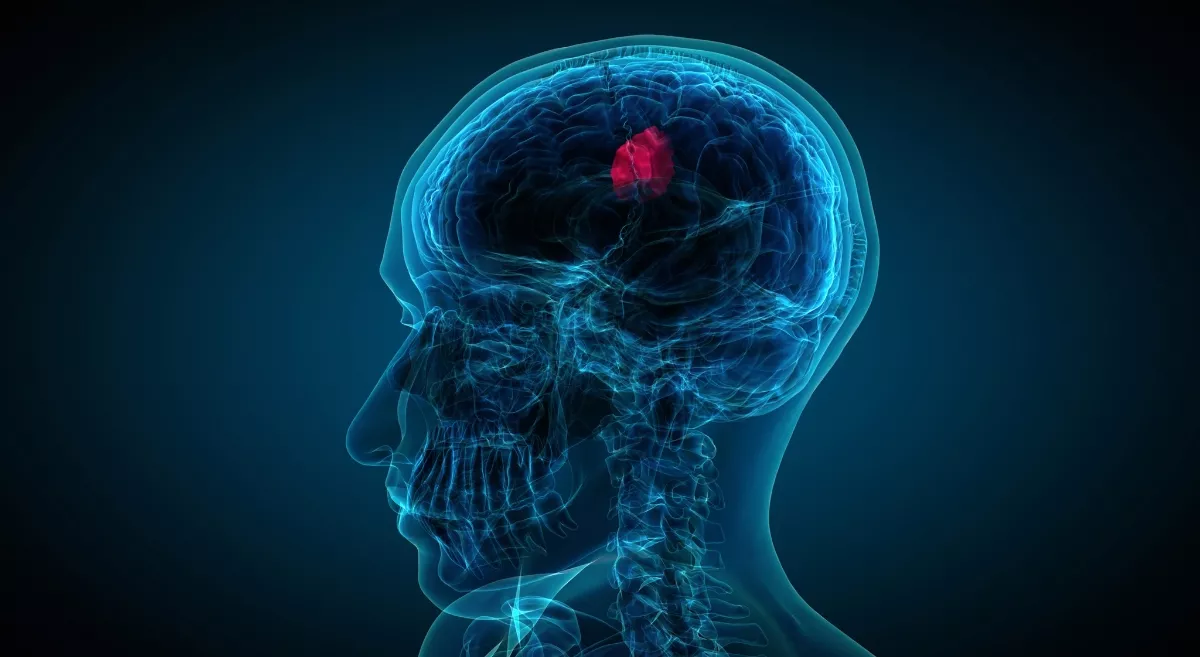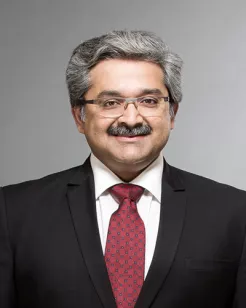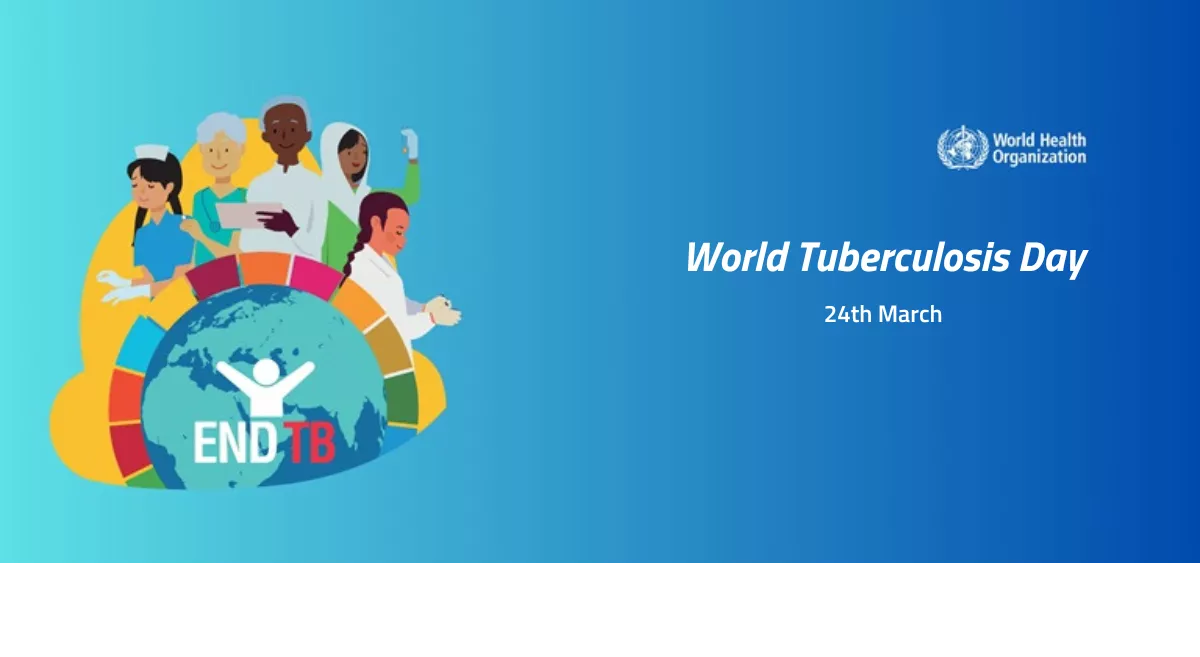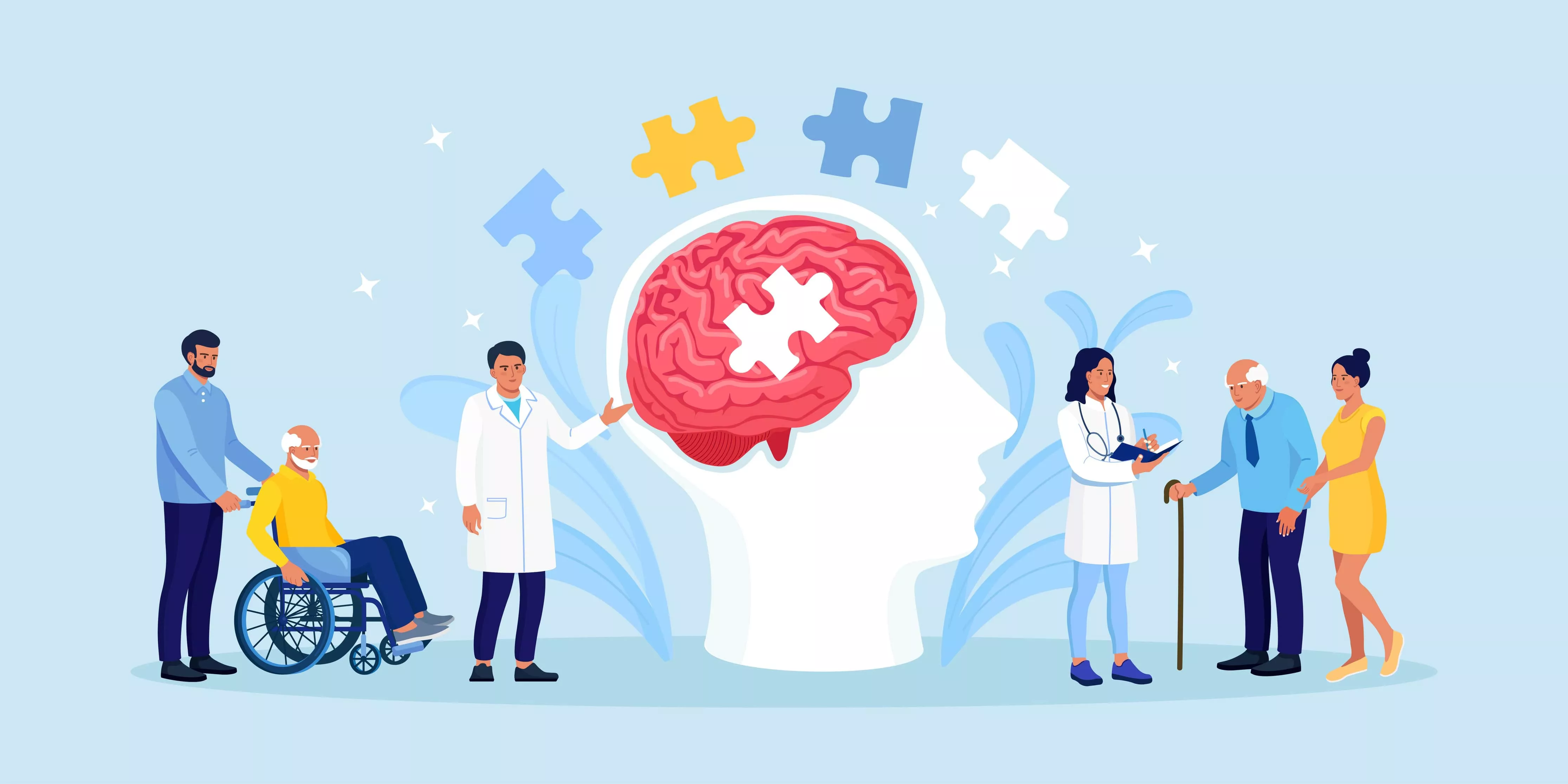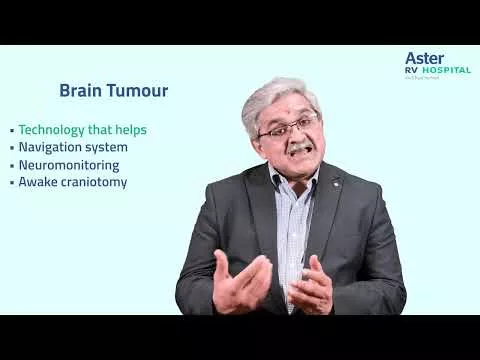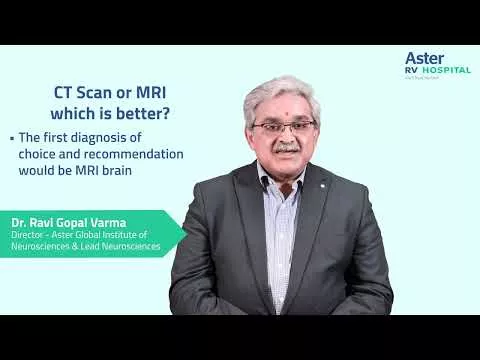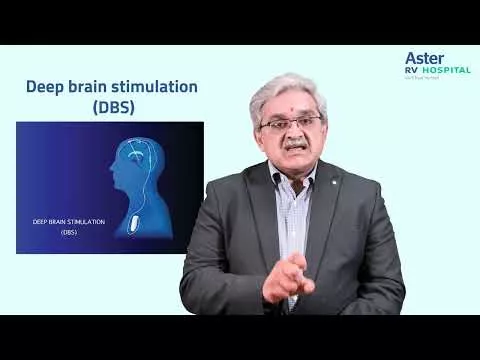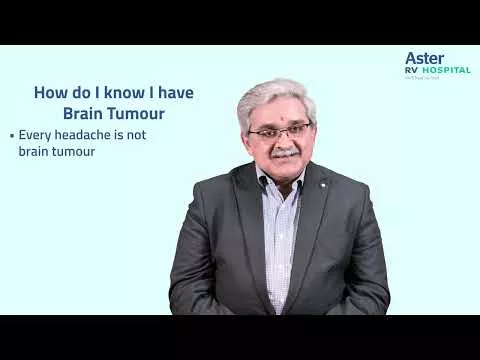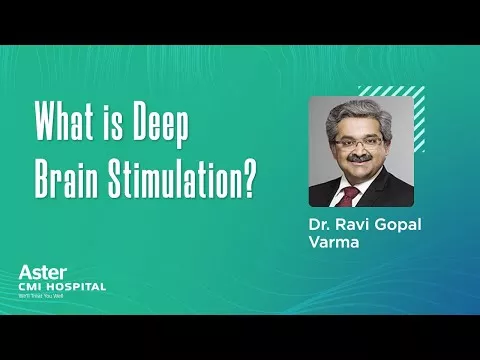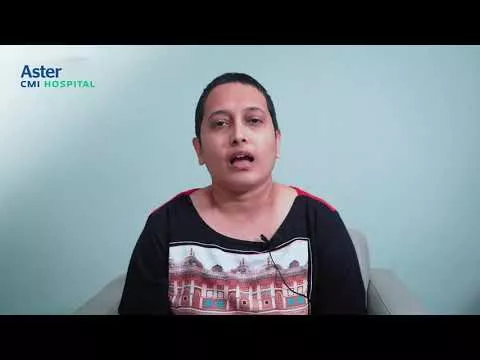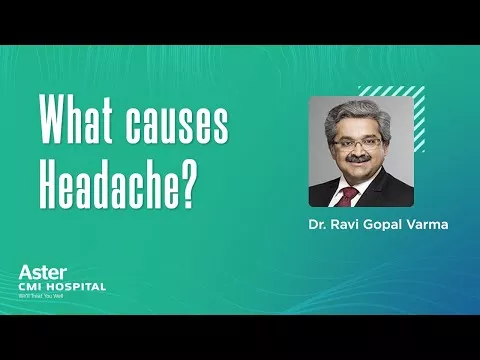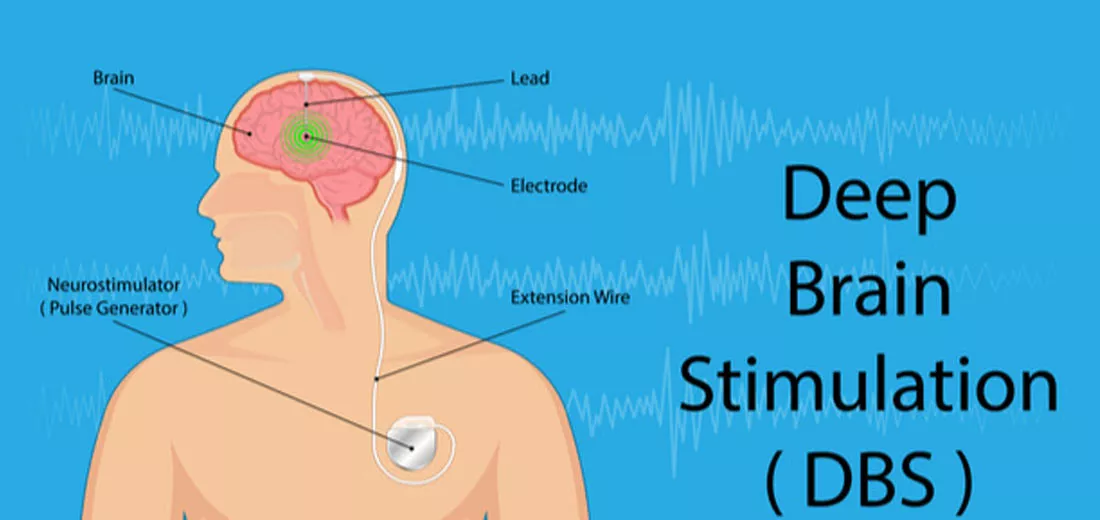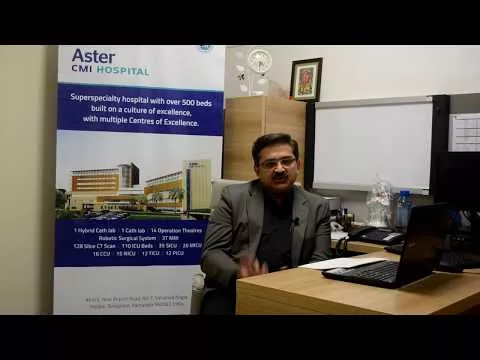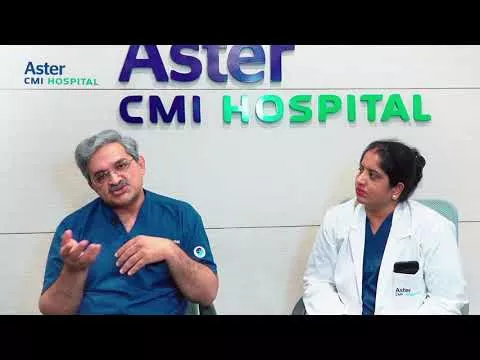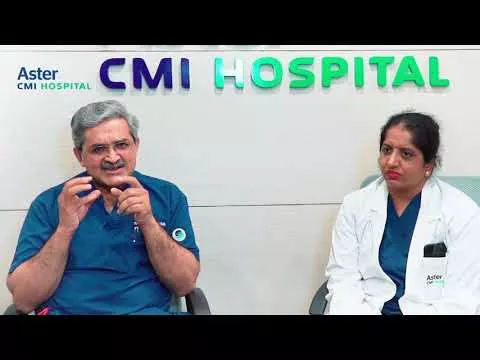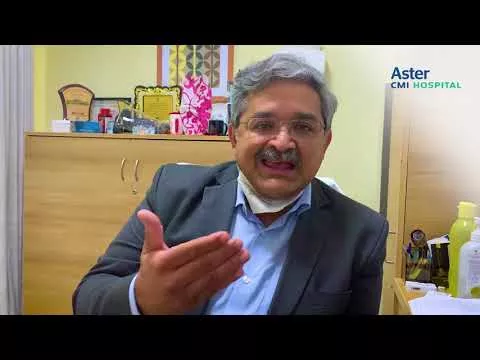Introduction
Glioblastoma Awareness Day, observed during the third week of July, is a crucial occasion dedicated to raising public awareness about glioblastoma, an aggressive and challenging brain cancer. This day emphasizes the need for ongoing research, patient support, and advancements in medical treatment. At Aster CMI Hospital, the Neuro and Oncology teams work collaboratively to provide comprehensive care for glioblastoma patients, leveraging their combined expertise to offer the best possible outcomes.
Understanding Glioblastoma
Glioblastoma multiforme (GBM) is the most common and aggressive malignant primary brain tumor in adults. It originates from astrocytes, the glial cells in the brain and spinal cord that support nerve cells. Key characteristics of glioblastoma include:
- Rapid Growth: GBM cells proliferate quickly, forming large tumors that can significantly impact brain function.
- Infiltrative Nature: Glioblastomas tend to spread into nearby brain tissue, making complete surgical removal challenging.
- High Recurrence Rate: Despite aggressive treatment, glioblastomas often recur, necessitating ongoing management and care.
Symptoms and Diagnosis
The symptoms of glioblastoma can vary depending on the tumor's location in the brain but often include:
- Persistent headaches
- Nausea and vomiting
- Seizures
- Neurological deficits such as weakness or sensory loss
- Cognitive and personality changes
Diagnosing glioblastoma typically involves a combination of neurological examinations, imaging tests (MRI and CT scans), and biopsy procedures to confirm the tumor type and grade.
Treatment Approaches
Treating glioblastoma requires a multifaceted approach, combining surgery, radiation therapy, and chemotherapy. The primary goal is to remove as much of the tumor as possible while preserving neurological function. Post-surgical treatments aim to target remaining cancer cells and prevent recurrence.
Aster CMI Hospital’s Neuro Team: Specialized Care for Glioblastoma
Aster CMI Hospital’s Neuro team specializes in the comprehensive treatment and management of glioblastoma, offering advanced medical care through a multidisciplinary approach. Here are some key aspects of their expertise:
- Advanced Surgical Techniques: The Neuro team employs cutting-edge surgical techniques, including neuronavigation and intraoperative MRI, to maximize tumor removal while minimizing damage to healthy brain tissue.
- Personalized Treatment Plans: Each glioblastoma case is unique. The team develops personalized treatment plans based on the tumor's genetic profile, location, and the patient's overall health to optimize outcomes.
- Supportive Care and Rehabilitation: Recognizing the importance of holistic care, the Neuro team provides comprehensive supportive care, including physical therapy, occupational therapy, and cognitive rehabilitation, to improve the quality of life for patients.
- Clinical Trials and Research: The Neuro team actively participates in clinical trials and research initiatives, offering patients access to cutting-edge treatments and experimental therapies that are not widely available.
Aster CMI Hospital’s Oncology Team: Expertise in Glioblastoma Care
The Oncology team at Aster CMI Hospital complements the Neuro team’s efforts by providing specialized cancer care. Here’s how they contribute:
- Radiation Therapy: The Oncology team utilizes state-of-the-art radiation therapy techniques, such as stereotactic radiosurgery (SRS) and intensity-modulated radiation therapy (IMRT), to target and destroy cancer cells with precision.
- Chemotherapy and Targeted Therapy: The hospital offers the latest chemotherapy and targeted therapy options, tailored to the specific genetic mutations of the tumor, enhancing treatment effectiveness.
- Immunotherapy: The team is exploring and utilizing immunotherapy approaches that harness the body’s immune system to fight glioblastoma, offering new hope in the battle against this aggressive cancer.
- Multidisciplinary Support: The Oncology team works closely with the Neuro team, ensuring seamless coordination of care and comprehensive treatment plans that address all aspects of the disease.
Patient-Centered Care
At Aster CMI Hospital, patient-centered care is a cornerstone of the Neuro and Oncology teams’ approach. The hospital provides:
- Emotional and Psychological Support: Dedicated counselors and support groups are available to help patients and their families navigate the emotional challenges of a glioblastoma diagnosis.
- Nutritional Guidance: Nutritionists work with patients to develop dietary plans that support overall health and recovery during and after treatment.
- Palliative Care: For advanced cases, the hospital offers palliative care services to manage symptoms and improve the quality of life for patients.
Conclusion
Glioblastoma Awareness Day serves as a reminder of the ongoing battle against this aggressive brain cancer. At Aster CMI Hospital, the collaborative efforts of the Neuro and Oncology teams provide hope for patients and their families. Through innovative treatment approaches, multidisciplinary support, and a focus on research, Aster CMI Hospital is dedicated to making strides in the fight against glioblastoma, offering patients the best possible care and outcomes.
